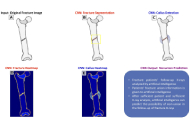32 results in Exploration of Musculoskeletal Diseases
Latest
Sort by :
- Latest
- Most Viewed
- Most Downloaded
- Most Cited
Open Access
Editorial
Hyperuricemia-gout, psoriatic disease, and what to expect from advanced anti-obesity therapies
Rubén Queiro-Silva
Published: November 25, 2025 Explor Musculoskeletal Dis. 2025;3:1007109
This article belongs to the special issue Evaluation and Outcomes in the Management of Gout

Open Access
Review
The significance of insufficiency fractures in rheumatic musculoskeletal diseases
Jürgen Braun, Björn Bühring
Published: November 12, 2025 Explor Musculoskeletal Dis. 2025;3:1007108
This article belongs to the special issue Multifaceted Imaging in Rheumatic and Musculoskeletal Diseases

Open Access
Original Article
Acute kidney injury in gout: prevalence and risk factors through two decades
Nuria Perez-Herrero ... Fernando Perez-Ruiz
Published: November 10, 2025 Explor Musculoskeletal Dis. 2025;3:1007107
This article belongs to the special issue Evaluation and Outcomes in the Management of Gout
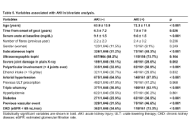
Open Access
Perspective
Musculoskeletal ultrasound in the management of immune checkpoint inhibitor arthritis
Gregory J. Challener ... Minna J. Kohler
Published: October 22, 2025 Explor Musculoskeletal Dis. 2025;3:1007106
This article belongs to the special issue Multifaceted Imaging in Rheumatic and Musculoskeletal Diseases
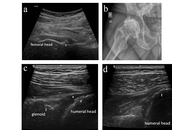
Open Access
Original Article
Prevalence of vitamin D deficiency among Northern Muslim women with chronic musculoskeletal pain residing in Port Harcourt, Rivers State, Nigeria: a cross-sectional study
Gogo James Owo ... Karibo Amakiri Okari
Published: October 14, 2025 Explor Musculoskeletal Dis. 2025;3:1007105

Open Access
Review
New perspectives on the NLRP3 inflammasome—colchicine and the suppression of inflammatory pathways in metabolic syndrome associated diseases
Benjamin Plotz ... Michael H. Pillinger
Published: September 29, 2025 Explor Musculoskeletal Dis. 2025;3:1007104
This article belongs to the special issue Pharmacological and Non-Pharmacological Management of Gout
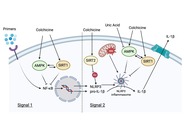
Open Access
Review
Targeting innate immune memory: a new paradigm for gout treatment
Orsolya I. Gaal ... Tania O. Crișan
Published: August 28, 2025 Explor Musculoskeletal Dis. 2025;3:1007103
This article belongs to the special issue Pharmacological and Non-Pharmacological Management of Gout
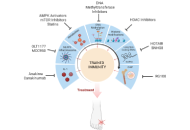
Open Access
Case Report
Mechanically loaded neurodynamics for post-surgical rehabilitation of arterial thoracic outlet syndrome in an endurance athlete: a case report
Thomas Wyatt
Published: August 26, 2025 Explor Musculoskeletal Dis. 2025;3:1007102

Open Access
Mini Review
Long noncoding RNA: control of chromatin structure in muscle differentiation
Rodolfo Daniel Ávila-Avilés
Published: August 19, 2025 Explor Musculoskeletal Dis. 2025;3:1007101
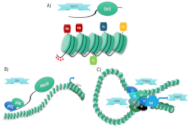
Open Access
Review
Treatment of calcium pyrophosphate crystal deposition disease: a mini-review
Ebru Atalar, Hatice Bodur
Published: August 18, 2025 Explor Musculoskeletal Dis. 2025;3:1007100
This article belongs to the special issue Calcium Pyrophosphate Deposition Disease

Open Access
Review
Calcium pyrophosphate deposition (CPPD) disease: a review of pathophysiology, clinic and diagnosis
Gamze Dilek ... Kemal Nas
Published: August 11, 2025 Explor Musculoskeletal Dis. 2025;3:100799
This article belongs to the special issue Calcium Pyrophosphate Deposition Disease
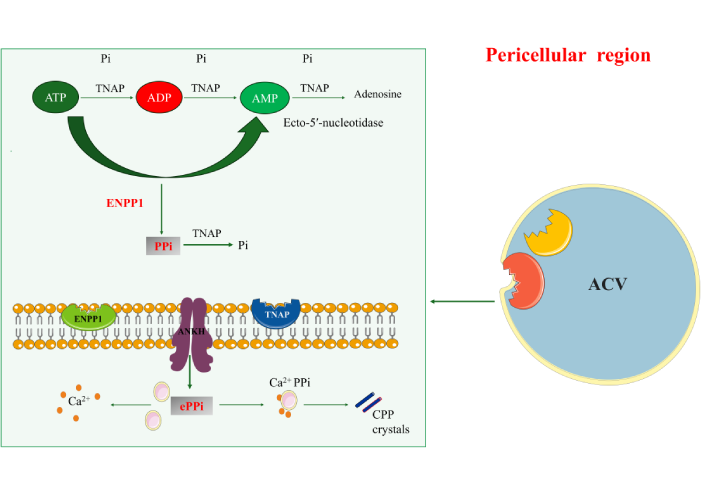
Open Access
Review
Biologics and biosimilars in musculoskeletal diseases: addressing regulatory inconsistencies and clinical uncertainty
Lauren N. McGrath ... Steven R. Feldman
Published: July 21, 2025 Explor Musculoskeletal Dis. 2025;3:100798
This article belongs to the special issue Biosimilars: State of the Art in the Treatment of Rheumatic Diseases

Open Access
Review
Risk factors of neoplastic disease in patients with systemic rheumatic disorders
Eugeniusz J. Kucharz
Published: July 16, 2025 Explor Musculoskeletal Dis. 2025;3:100797

Open Access
Correction
Correction: The ‘FebBenz’ approach for severe difficult-to-treat gout
Enrique Calvo-Aranda ... Marta Novella-Navarro
Published: July 07, 2025 Explor Musculoskeletal Dis. 2025;3:100796

Open Access
Review
A survey of the composition, safety, efficacy and regulation of non-autologous biologic treatments in human musculoskeletal pathologies
Theodore Sand
Published: June 25, 2025 Explor Musculoskeletal Dis. 2025;3:100795
This article belongs to the special issue Innovation in Orthopedics

Open Access
Systematic Review
Quality approaches and standards of 3D printing in orthopedic and traumatological settings: a systematic review
Tanja Neussl ... Johannes Dominikus Pallua
Published: June 16, 2025 Explor Musculoskeletal Dis. 2025;3:100794
This article belongs to the special issue Innovation in Orthopedics
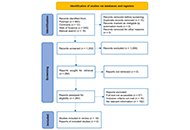
Open Access
Original Article
The ‘FebBenz’ approach for severe difficult-to-treat gout
Enrique Calvo-Aranda ... Marta Novella-Navarro
Published: May 22, 2025 Explor Musculoskeletal Dis. 2025;3:100793
This article belongs to the special issue Pharmacological and Non-Pharmacological Management of Gout
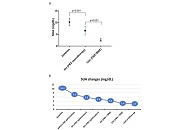
Open Access
Review
Perspectives on minimally invasive treatments using magnetically labeled bone marrow mesenchymal stem cells
Shinobu Yanada
Published: May 21, 2025 Explor Musculoskeletal Dis. 2025;3:100792
This article belongs to the special issue Cell Therapy and Tissue Engineering for Musculoskeletal Conditions: From Pre-clinical Studies to Clinical Trials

Open Access
Review
Management of gout in advanced renal disease
John S. Richards ... Mohan Ramkumar
Published: May 07, 2025 Explor Musculoskeletal Dis. 2025;3:100791
This article belongs to the special issue Evaluation and Outcomes in the Management of Gout
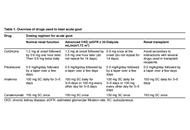
Open Access
Perspective
Can fracture non-union be predicted using deep learning?
Ali Yüce ... Abdülhamit Misir
Published: April 08, 2025 Explor Musculoskeletal Dis. 2025;3:100790
This article belongs to the special issue Innovation in Orthopedics
